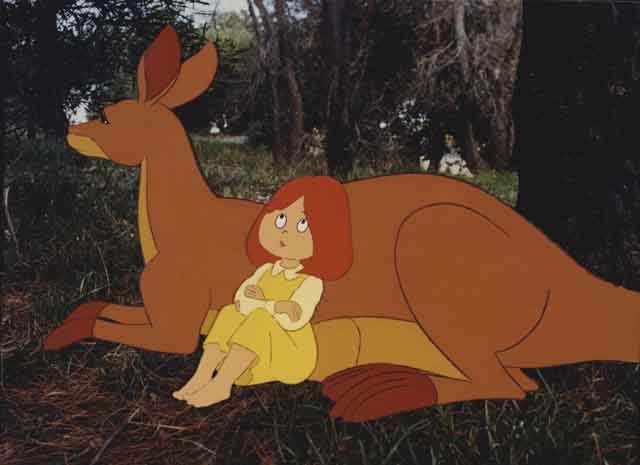The parallels between Australia and Israel are particularly obvious on January 26, writes Randa Abdel-Fattah.
In my box of childhood memorabilia is a 1988 “Bicentennial Memento for School Students”. I was nine years’ old when the government issued this heritage medallion to Australian students. My family and I were visiting my father’s family in Kuwait during the Bicentennial celebrations. We watched the news of the massive Sydney protest march held on Australia Day. It didn’t make sense to me. I was too young then to realise I had a reference point to understand dispossession and land theft. Indeed, we were in Kuwait because my Palestinian family was denied the right to live on their land in Israeli-occupied Palestine.
If you had asked me then what I learned at school about Australia’s ‘founding’ history, I would have been able to tell you about life on the first fleet, the hardships convicts endured, Captain Cook’s voyages and Arthur Phillip’s arrival. Australia’s Aboriginal and Torres Strait Islander First Nations’ people was absent from the triumphant and celebratory narrative I was taught at school. The single film I recall watching first at school and then at home, borrowed from our local corner milk bar run by a Palestinian family, was Dot and the Kangaroo. The irony of this sits with me like concrete in my stomach. I am of Palestinian descent and I grew up hearing stories about dispossession, injustice, land rights. Yet my family and I watched Dot and the Kangaroo as just another cartoon. I even remember being terrified of the scene in which Dot and her kangaroo friend spy on a supposed Aboriginal tribal hunting ceremony.
I was an ’80s child, socialised in a non-reflexive, self-idealised narrative of Australia as a trying-to-be-successful multicultural nation which had only recently abandoned (at least legally, anyway) its racist White Australia policy. Growing up I understood that my father had a home in Palestine, which he was not allowed to return to, and that I had family in Kuwait and Jordan, who were denied the right to live in their homeland, Palestine. I attended family weekend events hosted by a local Palestinian group where I caught snatches of conversation about an intifada, about somebody called Yasser Arafat. There was little understanding then of how the dispossessed were on the land of another dispossessed people. My family migrated to Australia in 1971, only a few years after Aboriginal people were counted in the national census for the first time. I grew up at a time in which the myth of terra nullius was upheld and legal challenges to the principle were unsuccessful.
Read the full article by Randa Abdel-Fattah at Crikey (subscription required).

